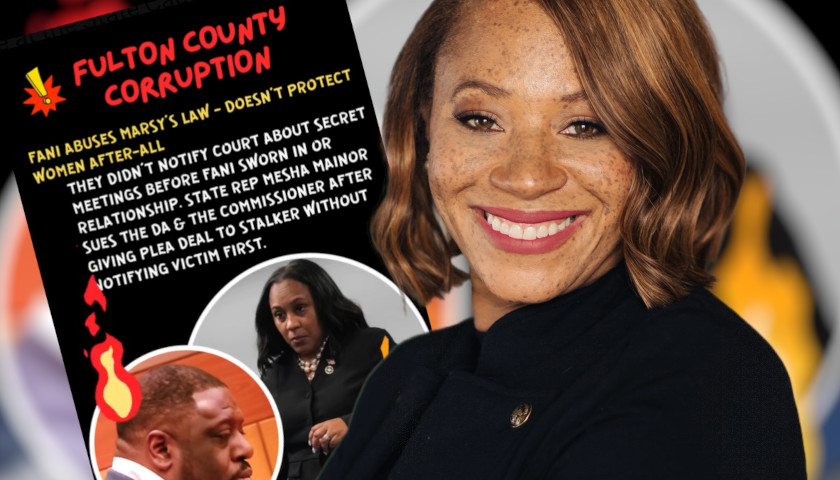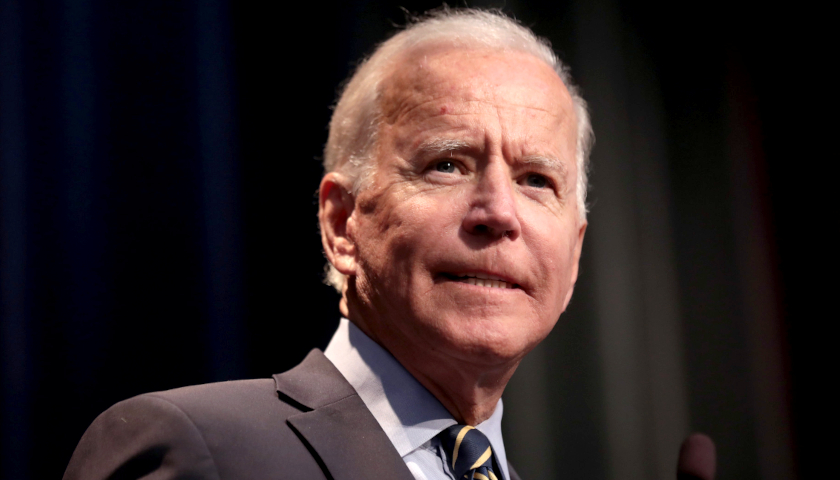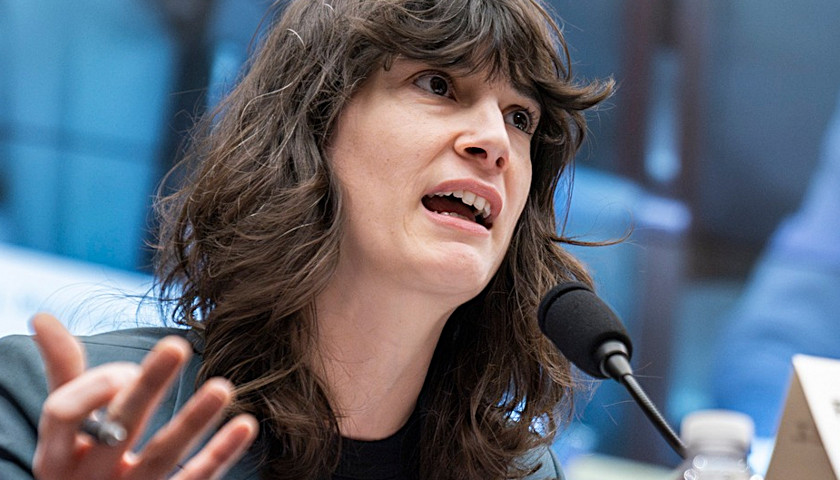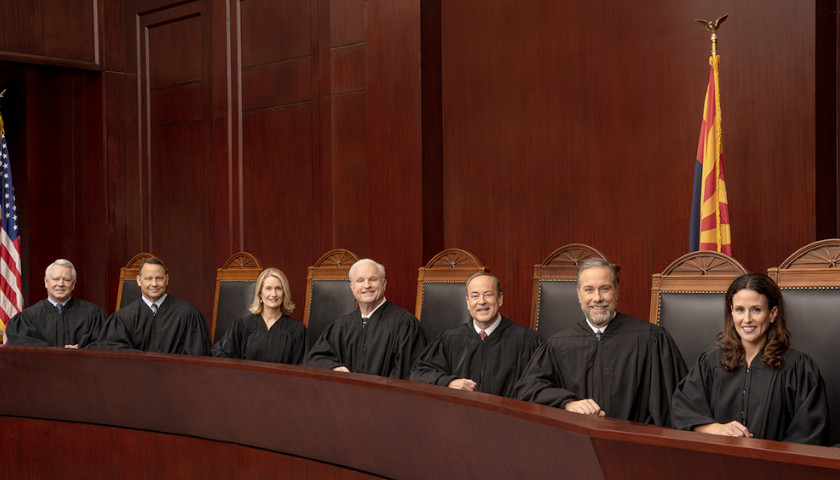by Michael Torres
When Joe Biden kicked off his presidential campaign in April 2019 at the Teamsters Local 249 union hall in Pittsburgh, he declared himself a “union man,” sounding a theme that he repeated during his more than 25 campaign visits to the state. When Election Day came, however, Biden lost the union vote in Pennsylvania, winning instead with the support of moderate, suburban voters – especially women – who bristled at Donald Trump’s penchant for pandemonium.
Now, after nearly a year of Biden’s presidency, Democrats’ long-standing, intimate relationship with unions has reached a crossroads in the Keystone State and elsewhere. Recent scandals, moreover, are earning the party a reputation for instability and even untrustworthiness – potentially relieving the GOP of its “chaotic” label.
Last month, John “Johnny Doc” Dougherty, former president of the International Brotherhood of Electrical Workers (IBEW) Local 98, was convicted on several counts of corruption alongside Philadelphia Democratic city councilman Bobby Henon.
For decades, Dougherty wielded outsize political influence in Philadelphia and throughout the state. If anything, he personified the big-city political machines of an earlier age. According to campaign-finance filings analyzed by the Commonwealth Partners Chamber of Entrepreneurs, Dougherty gave more than $38.6 million to political candidates between 2010 and 2020. Nearly all donations went to Democrats, including to Dougherty’s brother, who won a 2015 campaign for state Supreme Court – helping to end Republicans’ decades-long control of the panel – Governor Tom Wolf, and Josh Shapiro, state attorney general and next year’s presumptive Democratic gubernatorial nominee.
The co-conviction of Dougherty and Henon, who had a notable side-gig as an employee of Dougherty’s at Local 98, provides a striking illustration of how interwoven a union leader can be with an elected Democratic Party official.
“Henon was not elected to represent Dougherty’s interests on City Council,” Jennifer Arbittier Williams, acting U.S. Attorney for the Eastern District of Pennsylvania, said after the conviction. But this was “a fact which he failed to remember in doing the bidding of his political godfather, Dougherty.”
While any political reverberations from the trial remain to be seen in Pennsylvania, Dougherty isn’t the only union leader who could cause Democrats harm in next year’s midterms.
Consider last month’s electoral outcome in Virginia. After Democrat Terry McAuliffe’s loss in the state’s gubernatorial race, a Democratic strategist hosted a focus group of suburban women who had voted for the party in past two elections, only to favor Republican Glenn Youngkin this November. A notable theme from the focus group: parents’ distrust of teachers’ unions. As one Fairfax County woman said about the unions: “They would keep schools closed forever if they could. They’d keep our kids online until the 7th booster.”
This past year, bipartisan anger among parents was palpable in Pennsylvania, too. As the New York Times reported in February, “Democratic-leaning parents” in the Philadelphia area “may join their conservative counterparts in becoming distrustful of the teachers’ unions that are slowing reopening timelines, and turn to options the unions oppose.” This was the case for Beth Ann Rosica, a suburban Philadelphia mother and a registered Democrat for 36 years. As she noted, the Pennsylvania State Education Association “does not represent the true needs of the teachers who pay dues, does not care about our community, and has blatantly ignored or overridden the needs and desires of parents and students during the pandemic.”
State-level disgust over teachers’ unions translated into political action before November’s election. Clarice Schillinger, a mother of former Bucks County public school students, founded a parent-run political action committee with the sole aim of electing school board candidates who want to keep schools open amid Covid-19. Meanwhile, Back to School PA, a political action committee that earned financial support from a suburban Philadelphia venture capitalist and parent, supported 113 successful school board candidates across the state in the election.
“We are the antithesis of teachers’ unions,” Schillinger said.
And yet, in spite of a corruption scandal among the state’s most powerful union leader, growing animosity among suburban parents toward teachers’ unions, and the continued rightward drift of blue-collar union workers, Democratic officials appear as close as ever to their long-time allies.
Shortly after the election, Democrats on a Pennsylvania state senate committee demonstrated this enduring alliance by walking out of a committee meeting in protest of government-sector union-reform legislation. The committee chairman had previously invited two major government unions to testify, but both declined. It seems every Democrat on the committee followed the unions’ lead.
Sticking so close to unions is either a bold move in the face of political headwinds, one that Democrats are convinced will pay off – as it has in the past – or it suggests that Democrats’ commitment to unions is so engrained that they’re unable to recognize the pitfalls.
Whatever the case may be, there is little doubt that Democrats have a union problem.
– – –
Michael Torres writes about Pennsylvania politics and policy issues and is a contributor to RealClearPolicy. Follow him on Twitter at @MindofTorres.








